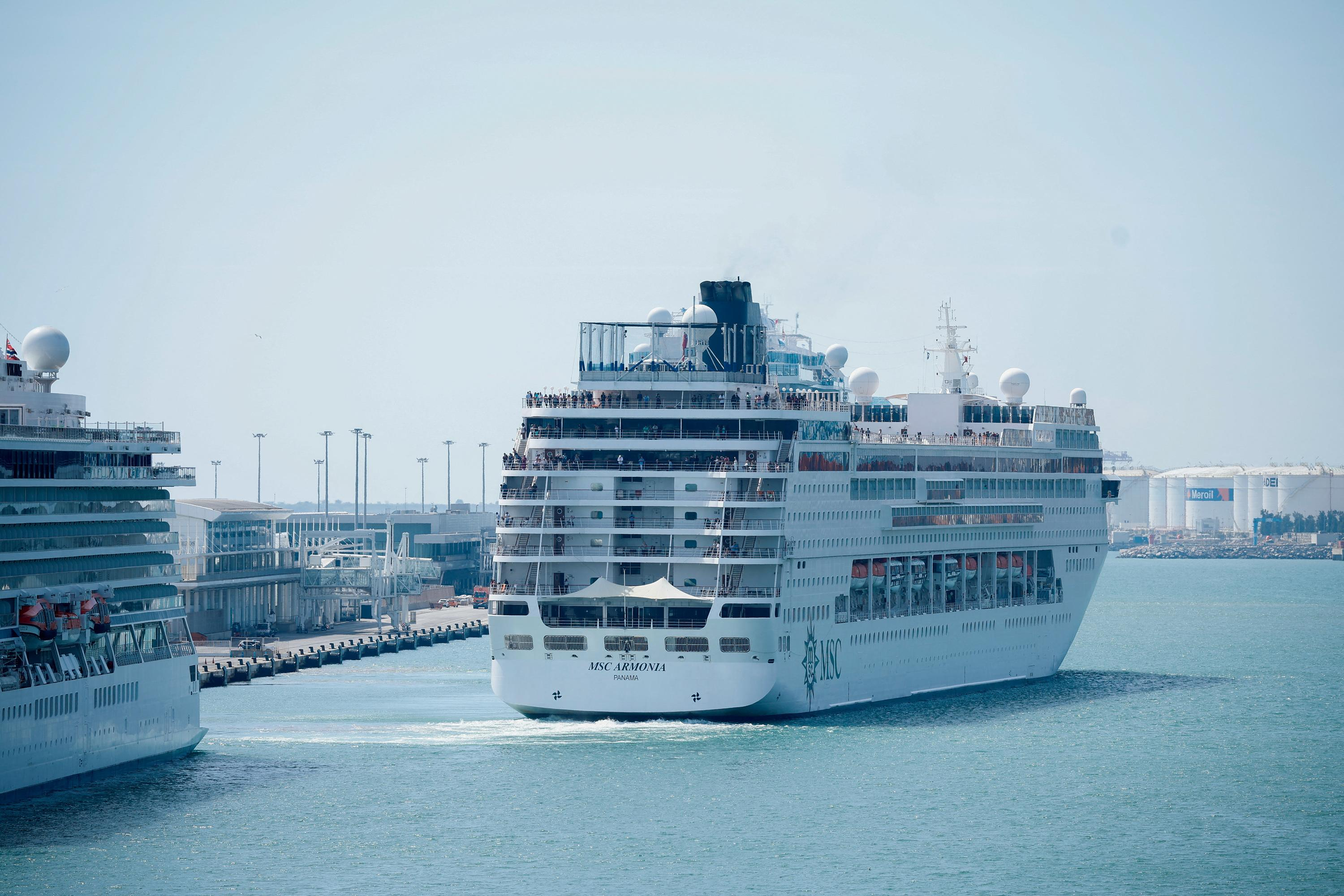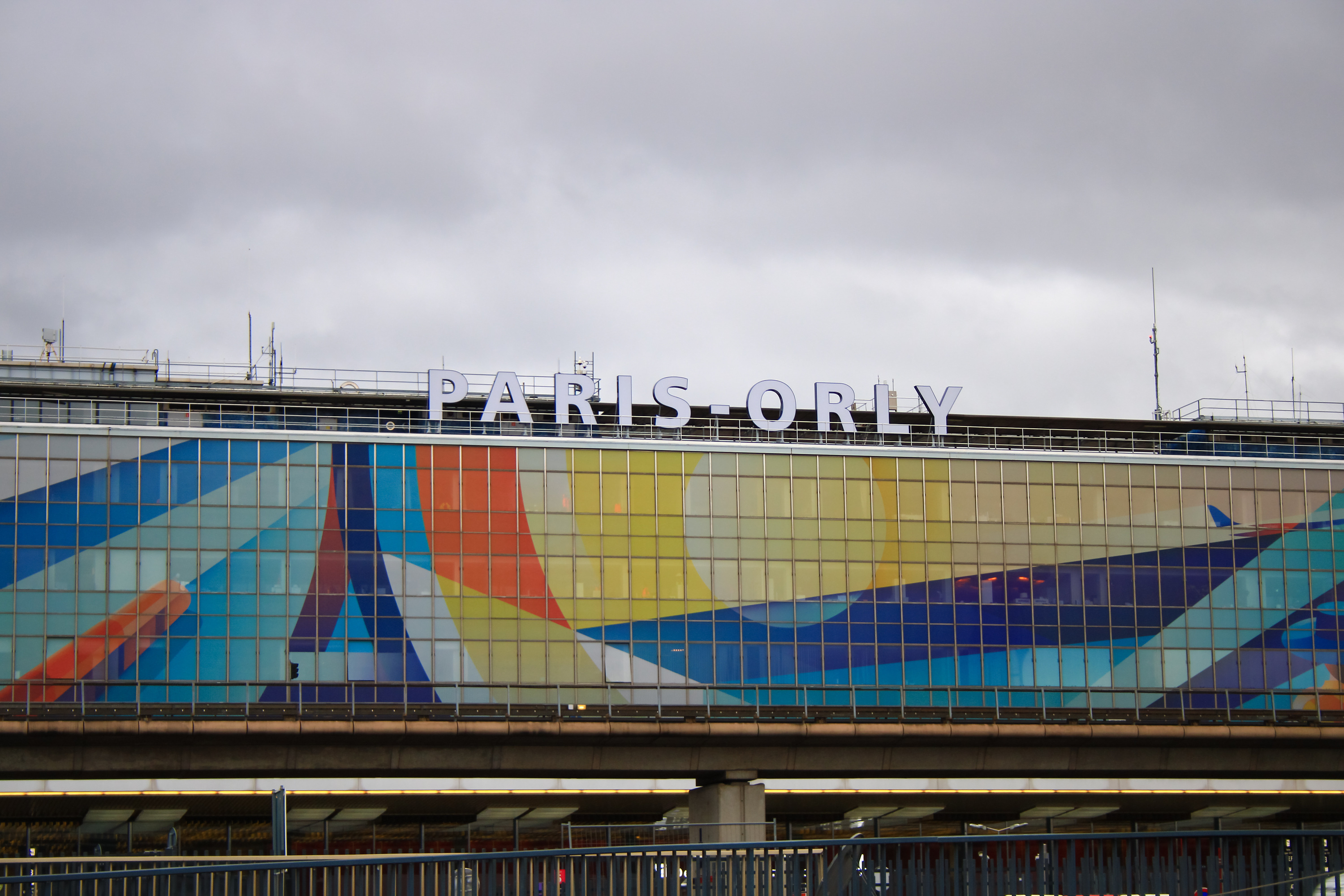France cannot be blackmailed. That is the message of French Foreign Minister Catherine Colonna to the regime in Tehran. "Unlike Iran, we have freedom of the press," Colonna said. With these clear words she reacted to the appointment of the French ambassador in Tehran and the Iranian government's announcement that it would close a French cultural and research institute in Tehran. Tehran threatened to do so after French satirical magazine Charlie Hebdo published the results of an international mullah caricature contest this week, just in time for the eighth anniversary of the assassination of its Parisian editorial office.
The motto of the tender was "Mullahs get out" (Out with the mullahs). The requirement was to caricature the Iranian revolutionary leader Ali Khamenei as “funny and evil” as possible. Drawings have arrived from all over the world, many from Iran itself, writes “Charlie Hebdo”. The idea came about because the Iranian ayatollahs had announced a similar competition in 1993. The target then was Salman Rushdie, author of The Satanic Verses. Also these days, an Iranian newspaper is publishing caricatures intended to ridicule French President Emmanuel Macron.
Charlie Hebdo published the 35 "most mature, original and relevant" cartoons this week. The turban of the so-called revolutionary leader has become a bomb in one drawing, and in another it has turned into the ropes of a gallows. In one caricature, Khamenei walks past the corpses of hanged men, only the feet of which can be seen. The speech bubble reads, "Is it me, or does this place stink of cheese feet?" Another drawing shows the revolutionary leader kneeling between the bare legs of a woman in stiletto heels. The liquid that hits him doesn't appear to be rain.
"In this way, we want to support the Iranians who are risking their lives to defend their freedom against a theocracy that has oppressed them since 1979," writes editor-in-chief Laurent Sourisseau, aka Riss, in the foreword of the latest issue of " Charlie Hebdo. According to Riss, the aim was to show that the reasons for the murder of the draftsmen and editors eight years ago are unfortunately still relevant. "Those who refuse to follow the dictates of religion run the risk of paying with their lives," writes Riss.
The Iranian Foreign Ministry has called the "objectionable cartoons" an insult and condemned them "strongly". Tehran accuses the Paris government of standing idly by in the face of "continuous anti-Islamic propaganda and the spread of racist hatred in French publications," according to a Foreign Ministry press release. "We will not allow the French government to cross this line," Foreign Minister Hossein Amirabdollahian wrote on Twitter, threatening "firm and effective responses."
In Paris, the idea that artists, intellectuals or journalists can be controlled or censored in any way causes disbelief. In addition to referring to freedom of the press, Foreign Minister Colonna also recalled that there is no ban on blasphemy in France.
Ever since it was founded in the 1970s, “Charlie Hebdo” has sharply criticized all religions and mocked Christian, Jewish and Muslim religious representatives with humor and a penchant for vulgarity. In 2006, out of solidarity, the editors published the Mohamed cartoons in the Danish newspaper "Jyllands Posten" and had to answer for them in court.
The anti-clerical attitude of the satirical magazine, which Muslims repeatedly perceive as disrespectful, caused controversy in France for a long time, until Islamist terrorists massacred eight members of the editorial team and four other people on January 7, 2015.
In the face of Iran's ultra-conservative regime, European states lack resolve. The EU is still more hesitant about sanctions than other countries. The reason for this is the regime's attempts at blackmail. Time and again, Tehran indiscriminately arrests European citizens and uses them as leverage. Critics of the Iranian regime have long accused France of being too soft.
Shortly after the protests broke out in Iran, Macron had a talk with President Ebrahim Raisi on the sidelines of the UN General Assembly. The photos, in which the Frenchman shakes hands with the ultra-conservative president, caused outrage. Since the popular uprising, however, Macron has repeatedly condemned the mullah regime in clear terms and welcomed the protests as a "revolution".
A strong signal was the fact that he received the Iranian-American women's rights activist and regime critic Masih Alinejad and three other exiled Iranian women in the Elysée Palace in mid-November. The meeting was initiated by the French publicist and filmmaker Bernard-Henri Lévy.
After years of efforts to free Franco-Iranian scientist Fariba Adelkhah, who was arrested in 2019 and has since been sentenced to five years in prison, Paris appears to have reversed itself. Secretary of State Colonna now speaks of "state hostages".
As early as November, she had made it clear that the regime in Tehran would not get anywhere with blackmail. Colonna reminded Iran of its "international obligations". "If his intention is to blackmail us, it must not succeed. They can't get away with France," Colonna said, and again called for the release of the seven French hostages.

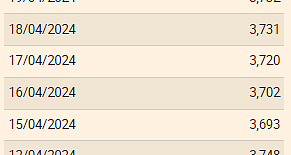 The Euribor today remains at 3.734%
The Euribor today remains at 3.734% Germany: the trial of an AfD leader, accused of chanting a Nazi slogan, resumes this Tuesday
Germany: the trial of an AfD leader, accused of chanting a Nazi slogan, resumes this Tuesday New York: at Columbia University, the anti-Semitic drift of pro-Palestinian demonstrations
New York: at Columbia University, the anti-Semitic drift of pro-Palestinian demonstrations What is Akila, the mission in which the Charles de Gaulle is participating under NATO command?
What is Akila, the mission in which the Charles de Gaulle is participating under NATO command? What High Blood Pressure Does to Your Body (And Why It Should Be Treated)
What High Blood Pressure Does to Your Body (And Why It Should Be Treated) Vaccination in France has progressed in 2023, rejoices Public Health France
Vaccination in France has progressed in 2023, rejoices Public Health France Food additives suspected of promoting cardiovascular diseases
Food additives suspected of promoting cardiovascular diseases “Even morphine doesn’t work”: Léane, 17, victim of the adverse effects of an antibiotic
“Even morphine doesn’t work”: Léane, 17, victim of the adverse effects of an antibiotic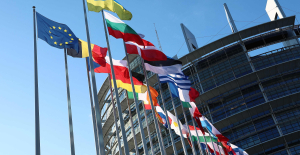 MEPs validate reform of EU budgetary rules
MEPs validate reform of EU budgetary rules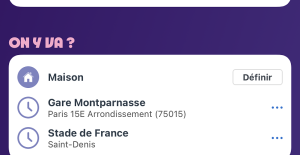 “Public Transport Paris 2024”, the application for Olympic Games spectators, is available
“Public Transport Paris 2024”, the application for Olympic Games spectators, is available Spotify goes green in the first quarter and sees its number of paying subscribers increase
Spotify goes green in the first quarter and sees its number of paying subscribers increase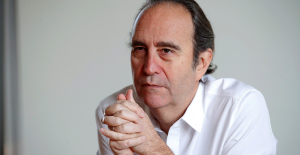 Xavier Niel finalizes the sale of his shares in the Le Monde group to an independent fund
Xavier Niel finalizes the sale of his shares in the Le Monde group to an independent fund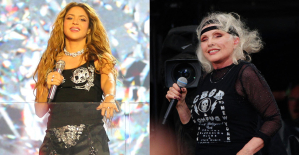 Owner of Blondie and Shakira catalogs in favor of $1.5 billion offer
Owner of Blondie and Shakira catalogs in favor of $1.5 billion offer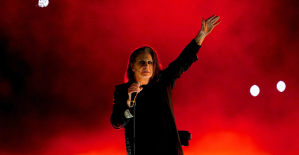 Cher et Ozzy Osbourne rejoignent le Rock and Roll Hall of Fame
Cher et Ozzy Osbourne rejoignent le Rock and Roll Hall of Fame Three months before the Olympic Games, festivals and concert halls fear paying the price
Three months before the Olympic Games, festivals and concert halls fear paying the price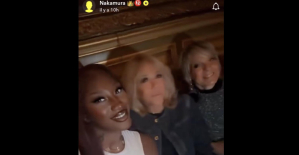 With Brigitte Macron, Aya Nakamura sows new clues about her participation in the Olympics
With Brigitte Macron, Aya Nakamura sows new clues about her participation in the Olympics Skoda Kodiaq 2024: a 'beast' plug-in hybrid SUV
Skoda Kodiaq 2024: a 'beast' plug-in hybrid SUV Tesla launches a new Model Y with 600 km of autonomy at a "more accessible price"
Tesla launches a new Model Y with 600 km of autonomy at a "more accessible price" The 10 best-selling cars in March 2024 in Spain: sales fall due to Easter
The 10 best-selling cars in March 2024 in Spain: sales fall due to Easter A private jet company buys more than 100 flying cars
A private jet company buys more than 100 flying cars This is how housing prices have changed in Spain in the last decade
This is how housing prices have changed in Spain in the last decade The home mortgage firm drops 10% in January and interest soars to 3.46%
The home mortgage firm drops 10% in January and interest soars to 3.46% The jewel of the Rocío de Nagüeles urbanization: a dream villa in Marbella
The jewel of the Rocío de Nagüeles urbanization: a dream villa in Marbella Rental prices grow by 7.3% in February: where does it go up and where does it go down?
Rental prices grow by 7.3% in February: where does it go up and where does it go down? Europeans: “All those who claim that we don’t need Europe are liars”, criticizes Bayrou
Europeans: “All those who claim that we don’t need Europe are liars”, criticizes Bayrou With the promise of a “real burst of authority”, Gabriel Attal provokes the ire of the opposition
With the promise of a “real burst of authority”, Gabriel Attal provokes the ire of the opposition Europeans: the schedule of debates to follow between now and June 9
Europeans: the schedule of debates to follow between now and June 9 Europeans: “In France, there is a left and there is a right,” assures Bellamy
Europeans: “In France, there is a left and there is a right,” assures Bellamy These French cities that will boycott the World Cup in Qatar
These French cities that will boycott the World Cup in Qatar Serie A: Bologna surprises AS Rome in the race for the C1
Serie A: Bologna surprises AS Rome in the race for the C1 Serie A: Marcus Thuram king of Italy, end of the debate for the position of number 9 with the Blues?
Serie A: Marcus Thuram king of Italy, end of the debate for the position of number 9 with the Blues? Milan AC-Inter Milan: Thuram and Pavard impeccable, Hernandez helpless… The tops and flops of the derby
Milan AC-Inter Milan: Thuram and Pavard impeccable, Hernandez helpless… The tops and flops of the derby Ligue 2: Auxerre leader, Bordeaux in crisis, play-offs... 5 questions about an exciting end of the season
Ligue 2: Auxerre leader, Bordeaux in crisis, play-offs... 5 questions about an exciting end of the season




